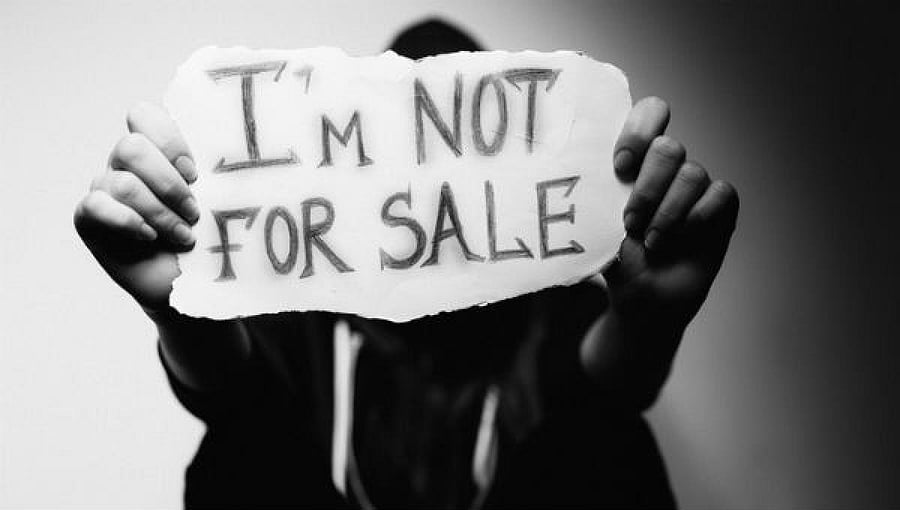
The Trafficking of Persons (Prevention, Protection and Rehabilitation) Bill, 2018, which has been tabled in Parliament, is deeply flawed and is unlikely to address the problem of human trafficking in the country. Indeed, it could end up subjecting to more violence the very people it proposes to protect. Human trafficking is a major problem in India. Tens of thousands of women, children and men are trafficked annually within the country or across international borders for commercial sexual exploitation and forced or bonded labour. According to National Crime Records Bureau data, over 8,000 cases of human trafficking were reported in 2016. It is to tackle human trafficking more robustly that the Narendra Modi government is ostensibly putting in place a comprehensive legislation, which will not only prevent and punish trafficking but also rescue and rehabilitate its victims. However, in its present form, the bill is unlikely to do so.
Legal experts and activists have drawn attention to the proposed legislation’s many flaws. For one, the bill lays bare a rather moralistic and paternalistic view towards sex workers and adopts a ‘raid-rescue-rehabilitate’ approach towards them. It conflates trafficking with sex work. For some, sex work is a source of livelihood. The proposed law criminalises consenting sex workers and transgenders. These are sections of society that already bear the brunt of police brutality, including random raids, blackmail and violence. Thousands of commercial sex workers would lose their source of livelihood as they could be arrested and punished under the legislation. Besides, while the bill punishes those on the supply side, it does not penalise those who demand commercial sex services. Instead of approaching the problem of human trafficking from a human rights-based and victim-centred approach, the proposed legislation looks at the problem through a criminal law perspective.
The Trafficking of Persons Bill seems to be old wine in a new bottle. Much of its contents are addressed under an array of already existing laws. A new law would have been welcome had it addressed existing loopholes in these laws. It does not. Is the Narendra Modi government rushing through this deeply flawed legislation simply because it is keen to notch up legislative ‘successes’ in the run-up to general elections in 2019? The Ministry of Women and Child Development has claimed that activists and civil society groups were consulted before drafting the bill. It does seem that while it may have consulted and even heard their views, it has neither included the suggestions nor drawn on the experience and insights of victims. Instead of rushing to pass a flawed bill, the government should send it to a parliamentary select committee.
